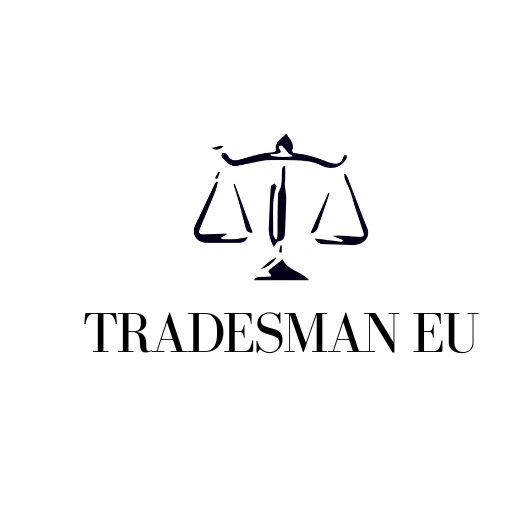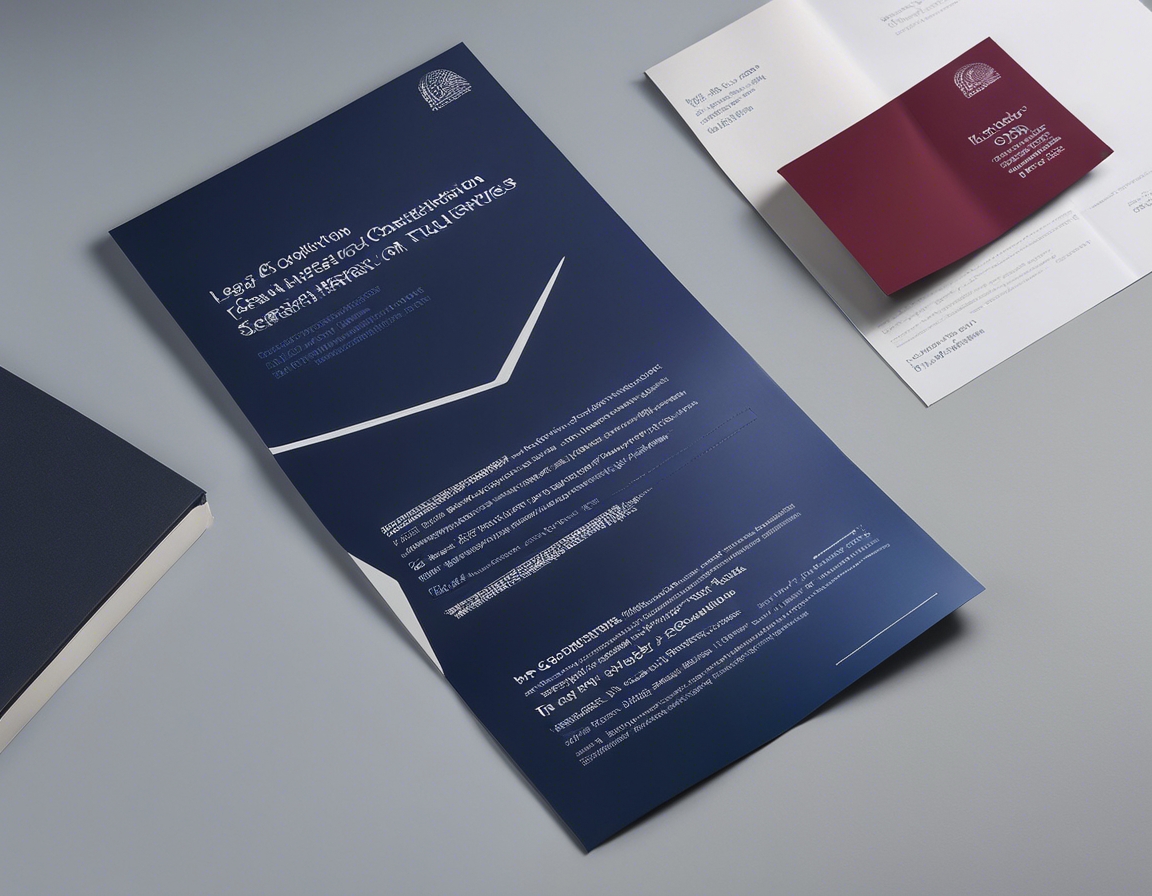Understanding intellectual property rights in the eu
Intellectual Property (IP) refers to creations of the mind, such as inventions; literary and artistic works; designs; and symbols, names, and images used in commerce. IP is protected by law, enabling people to earn recognition or financial benefit from what they invent or create.
For SMEs and entrepreneurs, IP is a critical asset that can be leveraged for competitive advantage, revenue generation, and as collateral for financing. Protecting IP is essential to safeguarding the time, money, and effort invested in innovation.
Types of Intellectual Property Rights in the EU
Trademarks protect brand names, logos, and slogans. They are vital for establishing brand identity and consumer trust.
Patents protect inventions, granting exclusive rights to the patent holder to exploit the invention for a limited period.
Design rights protect the appearance of a product, including shape, patterns, and colors.
Copyrights protect literary and artistic works, including books, music, and software, ensuring creators control over their work's use.
Geographical indications protect products that have a specific geographical origin and possess qualities or a reputation due to that origin.
Trade secrets encompass manufacturing or industrial secrets and commercial secrets. The protection of trade secrets is crucial for maintaining competitive advantage.
How to Register Intellectual Property in the EU
The EUIPO offers a centralized system for registering trademarks and designs in the EU.
Each EU member state has its own office for registering patents, trademarks, and designs. National registrations may be more suitable for businesses operating in a single market.
International systems such as the Madrid System for trademarks and the Hague System for designs allow for protection in multiple countries through a single application.
Enforcement of Intellectual Property Rights
Businesses must actively monitor the market to detect any infringement of their IP rights and take appropriate action to protect their assets.
In case of infringement, rights holders can seek legal remedies such as injunctions, damages, and the seizure of infringing goods.
IP litigation can be complex and costly. It is essential for businesses to have a clear strategy and seek expert legal advice when enforcing their IP rights.
Intellectual Property Rights and Brexit
Following Brexit, the UK is no longer part of the EU's IP system. Businesses need to understand the new rules for protecting and enforcing IP rights in both territories.
Companies must reassess their IP strategy and ensure they have the necessary protections in place to operate effectively in the post-Brexit landscape.






Comments (0)